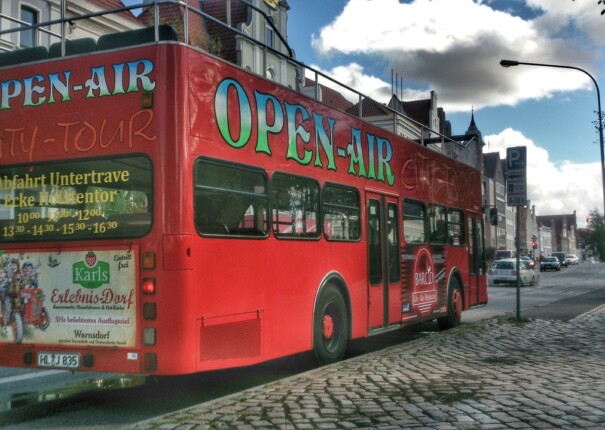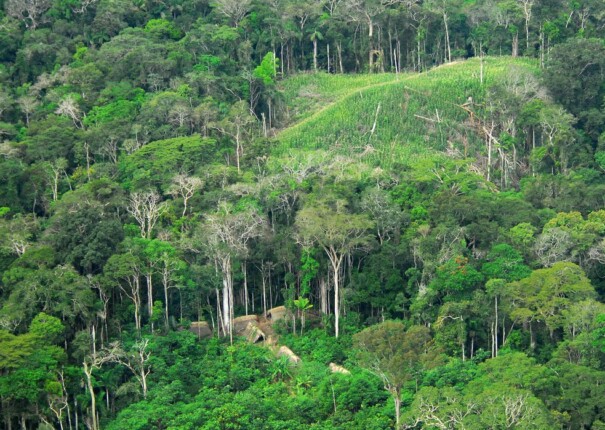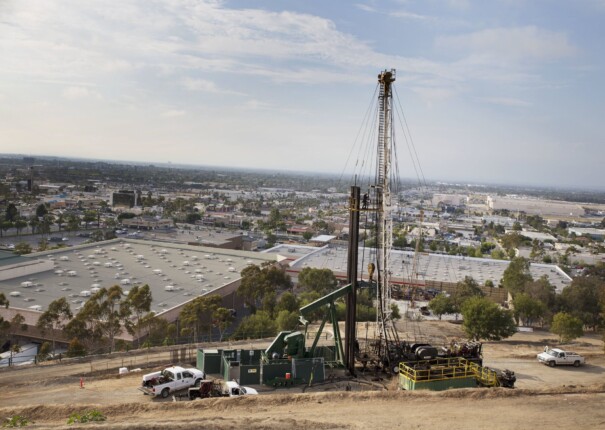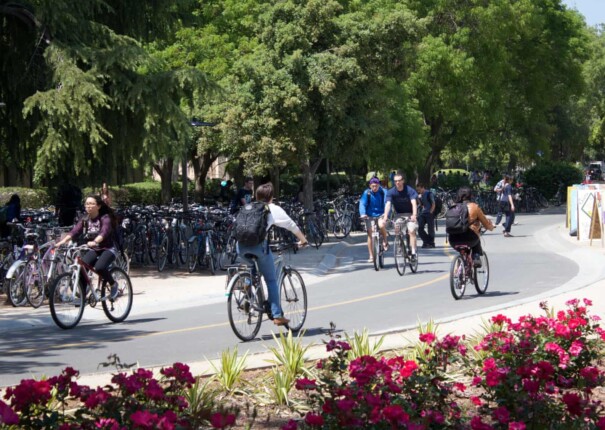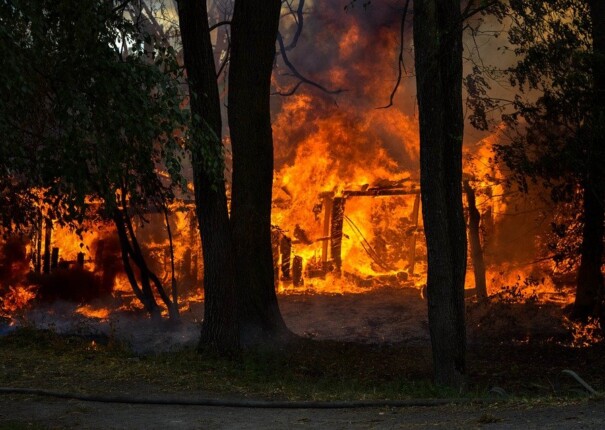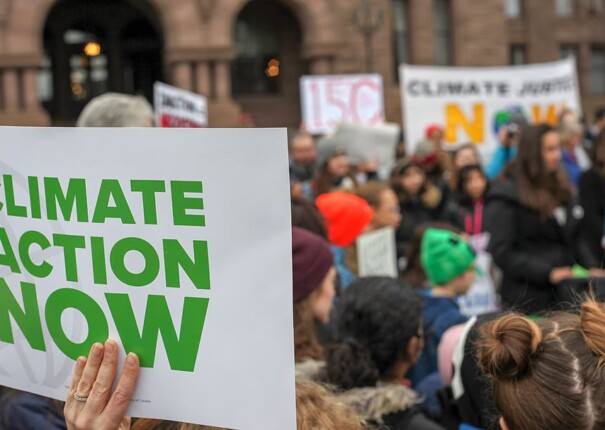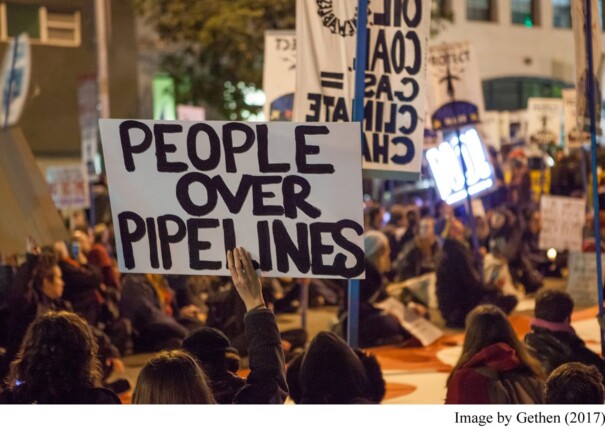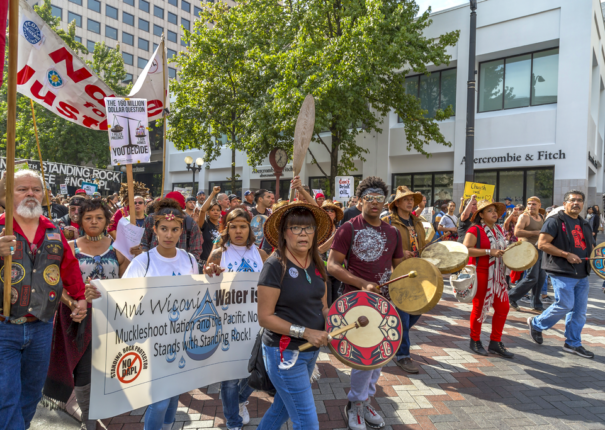SoCalGas trying to prevent regulators from learning more about its anti-climate political tactics
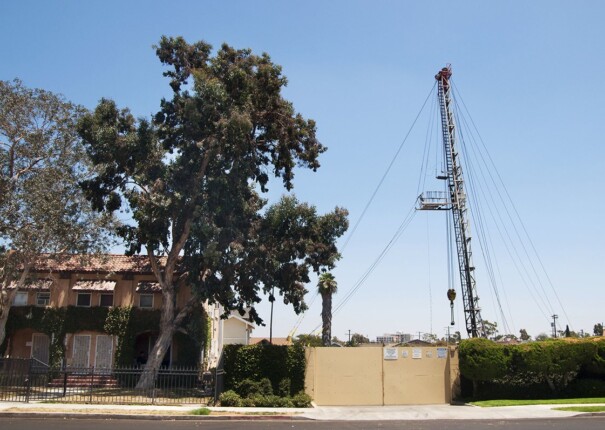
by Emily Atkin, Heated Highlights SoCalGas recently failed to stop building electrification efforts in the coastal city of San Luis Obispo by creating a group to advocate against it, threatening to hold a non-COVID 19 compliant rally if the law passes, and are suspected to have pushed a story saying building electrification was racially discriminatory … Read more

